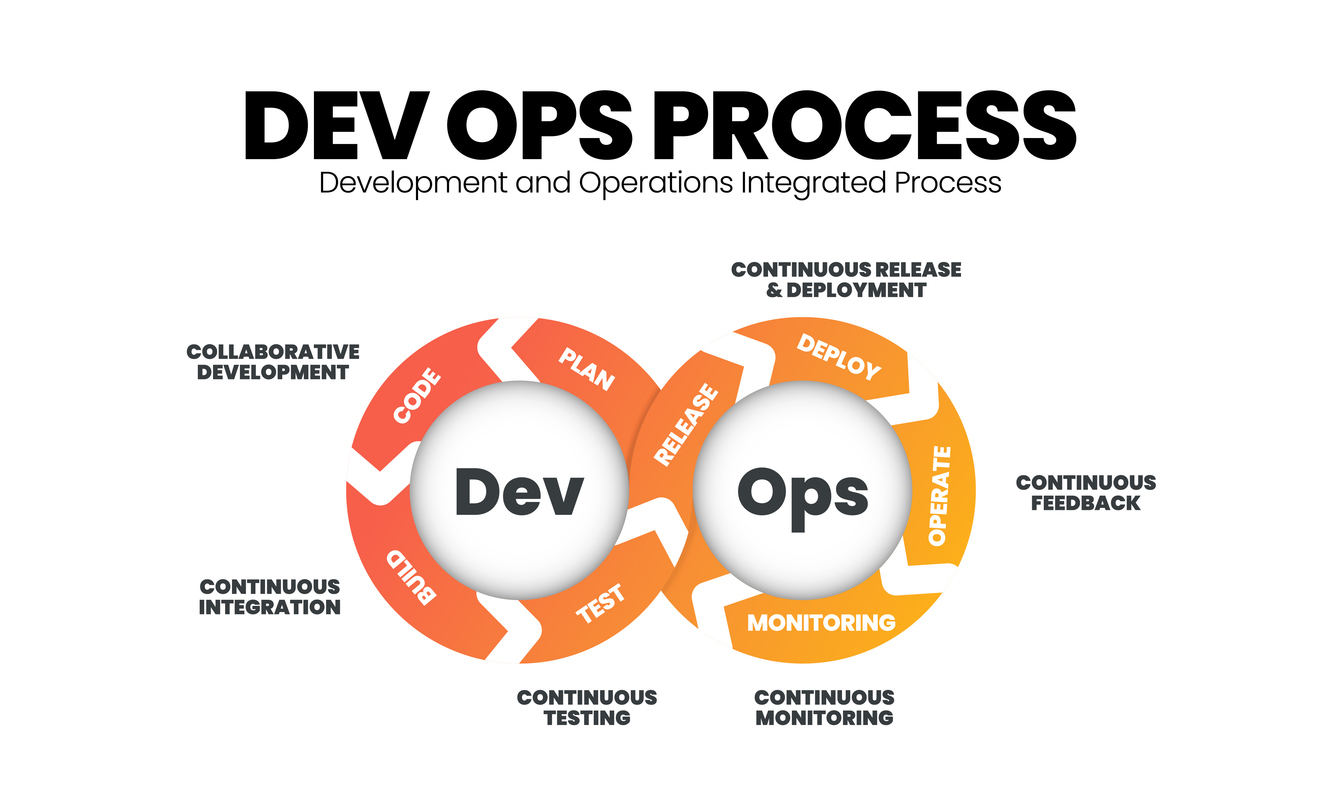
Agile is a methodology (or philosophy) that was initially created to improve productivity and the quality of work by software developers. It wasn’t long before people realized that agile methods also had beneficial business applications for non-tech companies.
Agile approaches eliminate micro-managing by creating self-organizing teams. The teams as a whole have the skill set to respond to feedback and adapt their approach bearing this new information in mind. Collaboration, responsiveness, adaptability, and flexibility are at the methodology’s core.
In essence, teams devise solutions to customers’ or product owners’ demands. The solutions are tested and adapted in an iterative cycle until the demands have been fully met and the finished product can be presented to customers.
Agile Principles Can Be Applied to Custom Application Services
Various companies have used Agile principles to great success; for example, Standard Bank in South Africa identified and fixed potential bugs early in the mobile application software development process.
This improved the quality and user experience of its new mobile app. The net result was a high-quality product and satisfied employees and customers.
For Agile methods to be effective, companies must embrace the Manifesto for Agile Software Development which comprises four values and 12 core principles.
Values
1) People and interactions over processes and tools.
2) Working software over comprehensive documentation.
3) Customer collaboration over contract negotiation.
4) Responding to changes in a planned manner.
Principles
1) Early and continuous software delivery ensures customer satisfaction.
2) Adapt to changing requirements throughout the development process.
3) Frequent delivery of working software.
4) Throughout the project, business stakeholders and developers collaborated.
5) Motivate, support, and trust the people involved.
6) Enable face-to-face interactions.
7) Working software is the primary measure of progress.
8) A consistent development pace is supported by agile processes.
9) Agility is enhanced by technical detail and design.
10) Simplicity.
11) Self-organizing teams produce excellent architectures, requirements, and designs.
12) Continual reflection on how to improve performance.
How Agile Works for Business
As a philosophy Agile processes can be adapted to suit all business enterprises across all industries. All that’s necessary is to use the key concepts.
Concepts
Following this philosophy, there are seven key concepts for business.
1) Team
A team consists of a small group of people with different skill sets who are allocated one project. They collaborate to meet customers’ requirements.
2) User Stories
User stories result from consultation between the agile team and the customer to divide the work into practical steps, each of which is a user story. Each story contributes to the value of the overall product.
3) Personas
Project teams create their idea for future users with as much detail as possible. The result is a persona with needs that must be met.
4) Daily Meeting
Hold a 10-minute team ‘stand up’ meeting at the same time every day, where project team members talk about what they did the previous day and what they intend to achieve that day. Everyone remains in the loop, and there is no danger of duplication.
5) Incremental Development
Each development cycle must end with a usable version of the product. Each successive cycle must begin where the previous product stopped. In this way, a usable product can be released at any stage of the development lifecycle, even if it still needs work.
6) Iterative Development
The iterative nature of the process allows for the repetition of software development activities. In this way, products can be revisited.
7) Milestone Retrospective
The retrospective can be held during and/or at the end of the project, where all team members meet to conduct a detailed analysis of the operation, especially significant events.
Must My Business Use All 7 Concepts?
It’s not necessary to squeeze all seven concepts into a problem. You use the concepts that fit the context. Ask yourself two questions: what is the problem facing my business right now? And can the Agile model solve it?
Take this as an example. Completing an iterative cycle takes too long. The team collaborates and finds a way to refine certain processes that will enable them to complete the cycle 35% faster.
Problems like this involving wasted time and resources have their own type of Agile methodology: Lean Agile Methodology. The Lean Method is designed to identify waste and devise plans to refine the relevant process. The idea is to continuously improve efficiency, efficacy, and quality of work. The upshot is happier employees and an increase in your business’s bottom line.
Lean Agile methodology has five key principles:
1) Identify value
2) Map the value stream
3) Create flow
4) Establish a Pull System
5) Seek perfection
In the face of uncertainty, implement a plan that is likely to work, get feedback regarding its success or failure, and adapt the plan accordingly.
4 More Agile Development Types
There are four more types of Agile Frameworks.
1) Extreme Programming (XP)
XP is a framework that has five values: communication, simplicity, feedback, courage, and respect. Its purpose is to refine engineering practices to improve the development team’s quality of (work) life and the product’s quality overall.
2) Crystal
Crystal methodology includes Crystal Clear, Crystal Yellow, and Crystal Orange. The Agile practices you’ll apply to your situation are based on team size, system criticality, and project priorities. The idea is that each project must have its own set of policies, practices, and processes to resolve the nature of the problem. Basically, one size doesn’t fit all.
3) Dynamic Systems Development Method (DSDM)
DSDM is based on the idea that each project must have clearly defined strategic goals and focus on the early delivery of tangible benefits to the business. It can be used on its own or together with another Agile process.
4) Feature-Drive Development (FDD)
FDD is divided into mini-projects (short work phases) that are completed independently to provide customers with working software within a set period of time. Client value is the primary concern.
Agile Development Complements Custom Application Development Services
Agile development methodology was inspired by software development; this is the spirit in which Laminar Consulting provides its expert app development services.We value any input from our employees that will improve our services and the satisfaction of our staff. Call (888) 531-9995 to book an appointment so we can start work on your project right away!
Share this Article:



